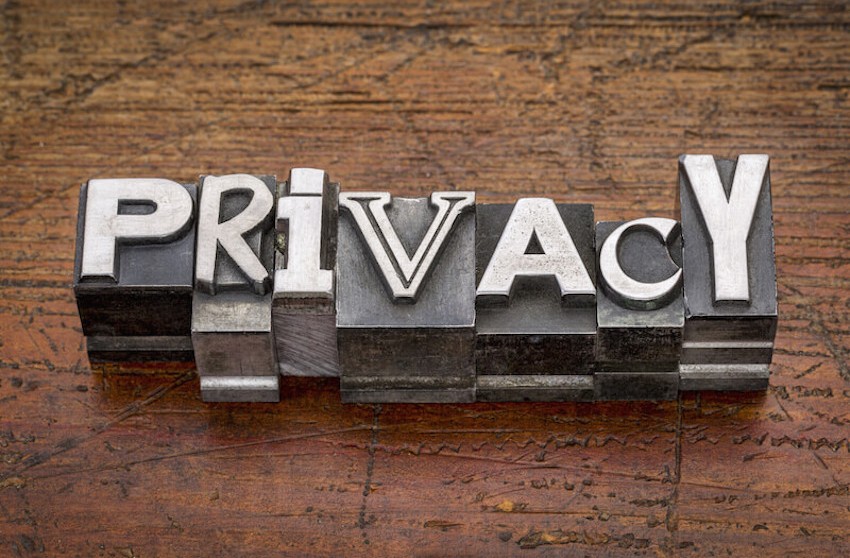In the aftermath of the Edward Snowden and Wikileaks scandals, it would seem that our right to online privacy means little to businesses and governments who routinely capture it, mine it, sell it or otherwise use it against us. Without any semblance of oversight or accountability, users are essentially left exposed when they step into the web. Advocates for online privacy rights have repeatedly protested these intrusions that have been the basis for many conspiracy theories of late. We’ve all heard the mantra from the opposition that “if you have nothing to hide, you don’t need to worry.” However, most would strongly agree that this rationale is no more than a self-serving, circular justification to violate our firmly held belief in a person’s right to anonymity.
While the debate on this issue continues in the public forum, users can take steps to protect their privacy. This article will consider two technologies that are free and available for everyone. Here’s how to protect your privacy with TOR & TAILS:
TOR
TOR, which stands for The Onion Router, is a free opensource software project designed to help users browse the web anonymously while simultaneously blocking traffic analysis and cookie tracking. It can be downloaded for free at https://www.torproject.org/ and is available for all the major operating systems, like Mac OS, Windows, and Linux. When the TOR browser is launched, it begins wrapping your IP address in multiple layers of protection by routing your packets through random routers around the world. In fact, you can click the onion icon in the menu bar and see what IP address you are masked with as you browse the web.
In addition, TOR features default settings that block scripts and cookies that are normally used to identify you, where you are located and track your browsing history. Of course, this will not protect you if you download something through the TOR browser. For example, you might download what you believe is a harmless pdf, but in reality it may have a script that sends a message directly (without the encryption of TOR) to a third party when it’s opened, revealing your true identity and location. TOR will also be unable to protect you if you post identifying information about yourself while using it. In other words, if you log into your bank account, email or buy something online with your credit card, all of those packets will contain pieces of your identity.
However, when used properly, TOR gives everyone a way to access the internet anonymously and express their opinions without fear of reprisal from big brother. There are those who abuse this functionality to protect themselves from being identified in criminal transactions, which has been the focus of the media throughout the trial and conviction of Ross Ulbricht, founder of the Silk Road. This website was only accessible through TOR as a hidden service or ‘darkweb’ site and acted as a marketplace for the sale of illicit drugs, weapons, and other contraband.
TAILS
TAILS (The Amnesic Incognito Live System) is a live operating system that you can start on almost any computer by the use of a DVD, Flash Disk or an SD Card. This OS takes a step further along the privacy protection road by completely containing your web browsing to the removable media you’ve installed it on. TAILS forces all internet connections through TOR and has state-of-the-art cryptographic tools for sending/receiving emails, files, and instant messages. Because can be self-contained on a flash drive, it won’t leave any traces of your activities on your computer unless you allow it to.
Because it accesses the web through TOR, it has the same drawbacks mentioned above. To enhance your privacy with either TOR or TAILS, it’s considered good practice to utilize end-to-end encryptions through https protocols that check SSL certificates for the sites you are visiting. Otherwise, the connection from your computer to the first TOR node and the connection from the last/exit TOR node and the destination are vulnerable to attack.
Conclusion
Unfortunately, there’s no single perfect measure that will prevent your identity from being discovered while you browse the web. However, that doesn’t mean that you can’t take steps to make it more difficult to obtain by using tools like TOR and TAILS. Perhaps when the citizenship and legislature have weighed in on the matter and implemented more safeguards against the violation of our privacy by government agents, we may feel less compelled to deploy our own independent measures. Until then, it’s up to each individual to decide how to best protect their anonymity.

